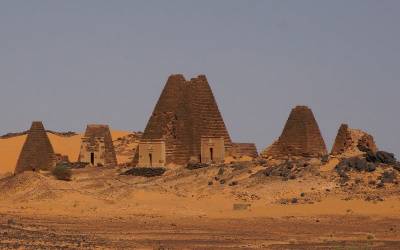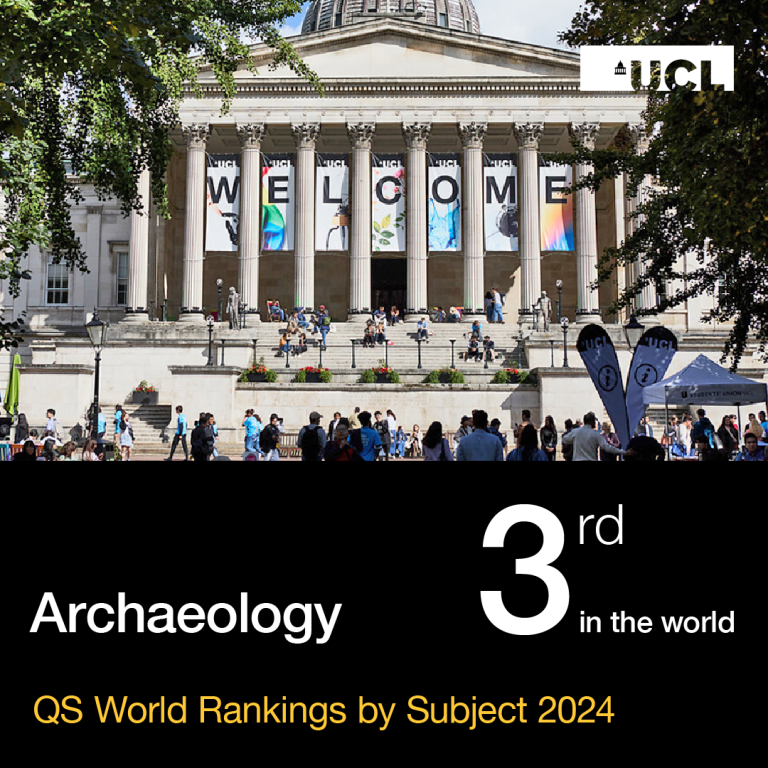The aim of this module is to acquaint students with the Middle Nile valley, i.e. present-day Sudan, as a region of archaeological enquiry.

This module may be particularly pertinent to students with interests in African archaeology, Egyptology and, more generally, fieldwork in this area.
The module offers a broad sweep of the archaeology of the Middle Nile valley from the Palaeolithic to the post-Medieval Islamic period. Lectures will focus on issues surrounding major cultural transitions and current scholarly debates regarding the nature of local societies during the various periods discussed, including the beginnings of food production and the potential role of climatic change, the relationships between Middle Nile polities and Egypt through the various periods, and the rise and trajectory of state-level societies - Kerma, Napata, Meroe and Medieval Nubia. Issues surrounding the social, economic and political organisation of Middle Nile societies from prehistory to post-Medieval times and their appraisal in the context of World Archaeology will also be discussed.
Module information
- Code: ARCL0056
- Credits: 15
- Coordinators: Claudia Naeser & Dorian Fuller
- Prerequisite: none
- Handbook: open»
For registered students
- Reading list: open»
Availability
- Running in 2024-25
 Close
Close



